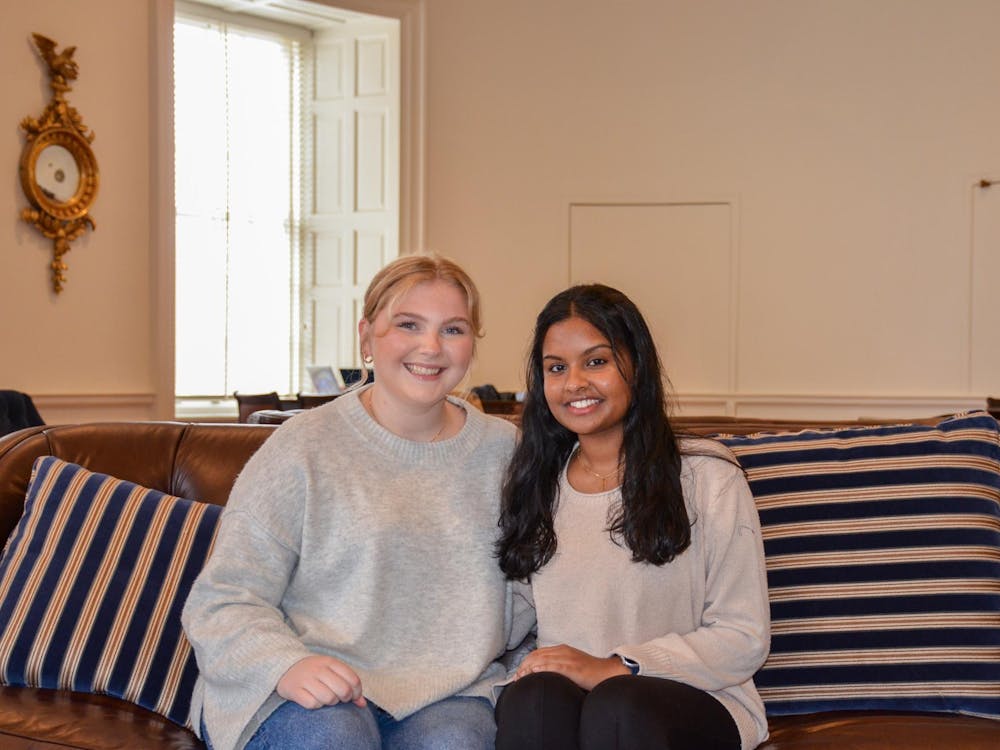“You’re just too romantically intense,” my friend said as we circled the Lawn. We were dissecting my most recent failed romantic venture, an offer of dinner which never yielded a response. All I could do was sigh.
I have had this same conversation too many times to count. While I fully accept my view of love and relationships is more than slightly blurred by my obsession with romantic comedies, I just can’t bring myself to believe I’m romantically intense simply because I’m willing to ask a girl on a date.
Despite what all the movies tell us, dating is a fairly foreign concept to our generation. Most of us had a significant other or two in high school, but those relationships rarely started with a date. In college, we’ve been thrown straight from our kiddie pools into the deep end and left to our own devices. Without much prior experience to guide us, we learn carefully crafted texts and spontaneous hook-ups allow a degree of separation from pain and personal insult. Dates afford us no such liberty, and many people avoid them accordingly.
To an extent, I get it. We’ve all experienced heartbreak. My first taste came in fifth grade, when my first girlfriend crushed my dreams at the bottom of an orange slide. We had been pretty serious, too — we secretly held hands in the hallway while our class waited for the bathroom, and one time my mom even asked me if we were “an item.” I vehemently denied this accusation, of course.
Things were going swimmingly until the fateful day when our romantic rendezvous on the playground headed south. Her eyes glued to her toes, she lamented that the relationship was tying her down and she wanted to be free. Just like that, it was over.
While any lessons from a fifth-grade romance must be taken with a grain of salt, my elementary school love was feeling something many college students are still struggling with today. In a world with a growing number of options, it is becoming easier and easier to imagine the grass is greener on the other side. The proliferation of Tinder and Skype allows people to connect with potential romantic partners in a way which has never before been possible and makes people more hesitant to commit to anything. After all, why would you want to say yes to someone today if someone better might walk into your life tomorrow?
In some sense, this is the paradox of choice — while in theory more choice should yield greater happiness, it also bears the side effect of insecurity in any decision. No matter how happy you find yourself in a situation, chances are a little voice in the back of your head makes you wonder if you couldn’t be happier still.
Even more than the fear of getting hurt, I think this helps explain why so many college students shy away from dates. In a world of short-term, no-strings-attached connections, going out to dinner is viewed as a gateway drug to marriage, kids and the ultimate end of the newfound independence we discover in college. When it’s framed like that, who would want to go on a date?
The truth, however, is a first date does not necessitate a second, nor a third, fourth or fifth. By blowing the commitment level of a date out of proportion, we are really doing ourselves a great disservice, because a date is an excellent — if not the best — tool available to get to know someone.
In life, we’re all going to experience orange slides and see greener grass. When it comes to love, that is about all you can take as given, and then the rest is up to you. Whatever you’re looking for, that person you’re eyeing from across the room might just be it — or not. I guess you’ll just have to take them on a date and find out.





